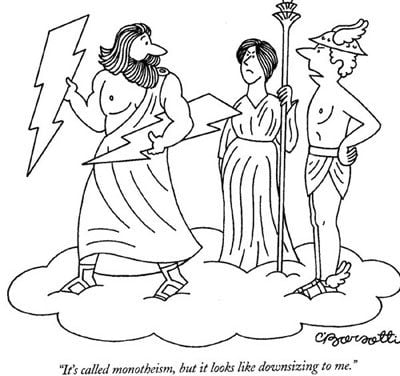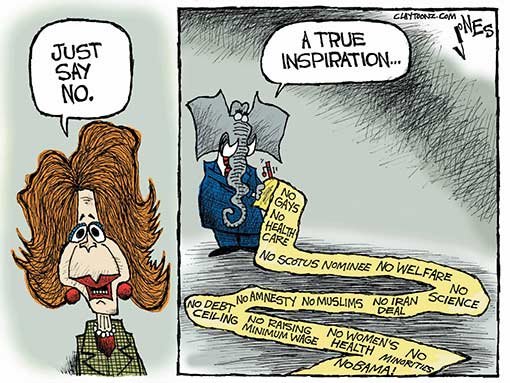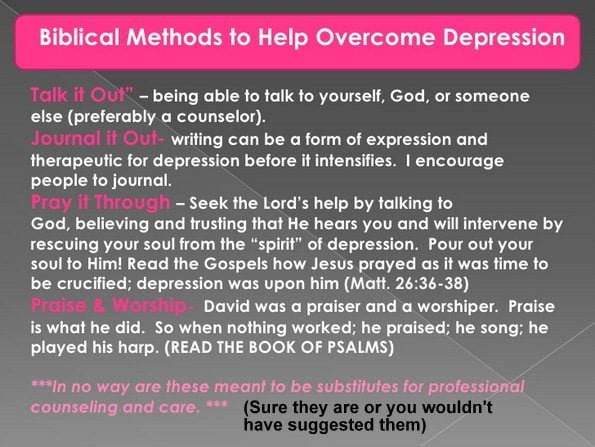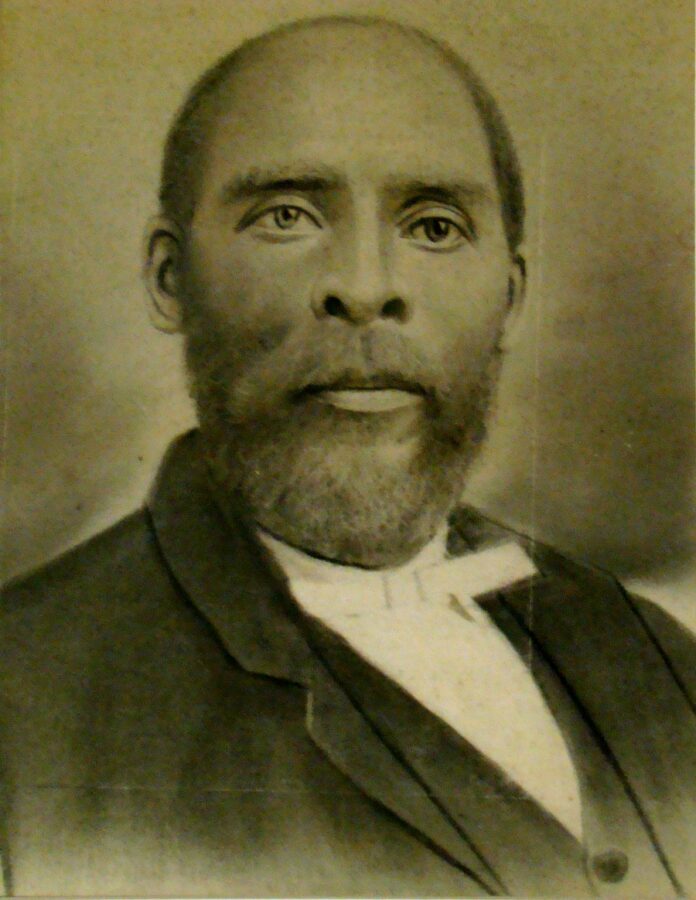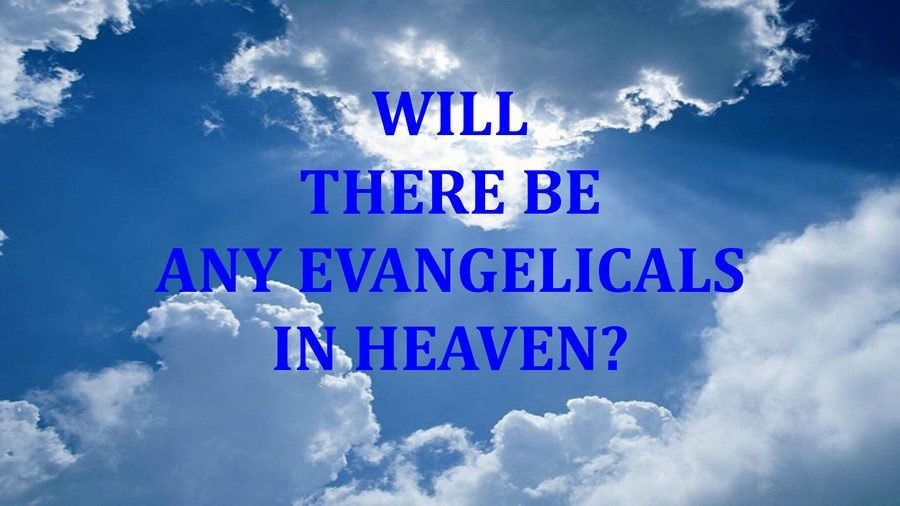
Warning: I paint with a broad brush in this post. If you are not the type of Evangelical mentioned in this post, no need to whine, complain, moan, and object to my unfair characterization of your tribe. Perhaps you should ponder why you are still an Evangelical instead of feeling butt-hurt over being unfairly characterized. When Donald Trump was elected, that was your cue to run, run, run. Unless you have no legs or are in a wheelchair, I can’t think of one reason for thoughtful, decent, socially aware Christians to remain Evangelical. Note that this was initially written in 2018 and has been updated.
Many critics believe that Evangelicalism is imploding; that the baby birthed by the Moral Majority decades ago has now turned into a full-grown, power-hungry monster. Drunk with political success, many Evangelicals have abandoned all pretense of being followers of Jesus. Eighty-two percent of voting white Evangelicals voted for Donald Trump in 2016 — arguably the most unqualified, most vile man to ever sit in the Oval Office. In 2020, Evangelicals lined up and voted for Trump again. Trump made and continues to make a mockery of virtually everything Evangelicals supposedly hold dear, yet the former president continues to have widespread support in the Evangelical community. Trump is a pathological liar, capable of repeatedly contradicting himself in a matter of minutes. He is also guilty of trying to overthrow the Federal government. Showing all the marks of being a sociopath, the former president has no regard for women, children, the disabled, or, quite frankly, the human race. Trump is a one-man band, and all that matters to him is the fawning love he receives at campaign rallies and from positive news coverage. Trump continues to attack the very foundation of our democracy. He daily lashes out at the media — calling them fake, threatening them with punitive action. It is clear to all who are paying attention that Trump is in bed domestically and internationally with people out to destroy our country. Winning at all costs is what matters to Trump. Despite all these things, Evangelicals still overwhelmingly support porn-star-loving, pussy-grabber-in-chief, Donald Trump. It seems the disgraced ex-president was right when he said that he could stand in the middle of 5th Avenue and shoot someone and people would still vote for him. It leaves me to wonder if there’s anything Trump could do that would cause Evangelicals to turn on him and demand an end to his reign. (And, no, Ron De Santis isn’t any better.) I have come to the conclusion that, for the most part, the pathological need for a return to the mythical days when America was white, Christian, and heterosexual precludes most Evangelicals from ever seriously asking themselves the question, what would Jesus do?
The current state of affairs has me wondering if there will be any Evangelicals in Heaven? I have my doubts. Consider the words of Jesus in Matthew 25:31-46:
When the Son of man shall come in his glory, and all the holy angels with him, then shall he sit upon the throne of his glory: And before him shall be gathered all nations: and he shall separate them one from another, as a shepherd divideth his sheep from the goats: And he shall set the sheep on his right hand, but the goats on the left. Then shall the King say unto them on his right hand, Come, ye blessed of my Father, inherit the kingdom prepared for you from the foundation of the world: For I was an hungred, and ye gave me meat: I was thirsty, and ye gave me drink: I was a stranger, and ye took me in: Naked, and ye clothed me: I was sick, and ye visited me: I was in prison, and ye came unto me. Then shall the righteous answer him, saying, Lord, when saw we thee an hungred, and fed thee? or thirsty, and gave thee drink? When saw we thee a stranger, and took thee in? or naked, and clothed thee? Or when saw we thee sick, or in prison, and came unto thee? And the King shall answer and say unto them, Verily I say unto you, Inasmuch as ye have done it unto one of the least of these my brethren, ye have done it unto me. Then shall he say also unto them on the left hand, Depart from me, ye cursed, into everlasting fire, prepared for the devil and his angels: For I was an hungred, and ye gave me no meat: I was thirsty, and ye gave me no drink: I was a stranger, and ye took me not in: naked, and ye clothed me not: sick, and in prison, and ye visited me not. Then shall they also answer him, saying, Lord, when saw we thee an hungred, or athirst, or a stranger, or naked, or sick, or in prison, and did not minister unto thee? Then shall he answer them, saying, Verily I say unto you, Inasmuch as ye did it not to one of the least of these, ye did it not to me. And these shall go away into everlasting punishment: but the righteous into life eternal.
According to this passage of Scripture — and yes, I am well aware of all the ways Evangelicals use to get around the clear intent and implication of this passage — there is coming a day when Jesus will return to earth with his angels and sit upon the throne of his glory. At that time, he will gather humanity together and judge them, dividing them into two categories: sheep and goats. The sheep will be rewarded with eternal life, whereas the goats will receive everlasting punishment as their reward. How will Jesus determine who is in what category? Will it be, as Evangelicals contend, right beliefs that put them in the sheep pen, and wrong beliefs that land most of the human race — past and present — in the goat pen? Is right belief the true gospel Evangelicals preach? Or is there some other standard by which Jesus will judge the dead and the living on judgment day? The aforementioned passage of Scripture is clear; it is good works and not right beliefs that determine our eternal destiny. I have long argued that one must ignore much of the Gospels to conclude that good works have nothing to do with salvation. Note carefully what Jesus said would be his standard of judgment:
- Feeding the hungry
- Giving drink to the thirsty
- Taking in strangers and caring for them
- Clothing the naked
- Caring for the sick
- Caring for those in prison
Considering the current state of affairs and Evangelicals’ continued support of the Republican Party and Donald Trump, it’s fair to ask if there will be any Evangelicals in Heaven. In fact, I wonder if the largest section in Hell will be reserved for American Evangelicals. Using Jesus’ standard of judgment, there will be few Evangelicals in God’s eternal sheep pen. And it’s just not their support of Republican policy and President Trump that will land them in Hell. For decades now, Evangelicals have increasingly found themselves on the opposite side of the teachings of Christ. While Evangelicals revel in their love for zygotes, many of them show little interest in life after birth. Once born, children are left to the wolves, expected to pull themselves up by their bootstraps before they even own a pair of boots. Evangelicals overwhelmingly support government-sponsored violence. Ever the flag wavers, Evangelicals continue to support the murderous actions of the U.S. military in Afghanistan, Iraq, Syria, and countless other countries. Drones rain violence and death from the sky, and Evangelicals say nothing, believing that part of making America great again is fighting them [Muslims] over there [Middle East] so we don’t have to fight them here. Evangelicals seem indifferent toward the maiming and killing of hundreds of thousands of children, women, unborn babies, and innocent bystanders. I wonder what Jesus, the Prince of Peace, would say about Evangelical support of these things? Something tells me that, much like asylum-seekers on our southern border, Evangelicals will be turned away at St. Peter’s gate. You see, it’s behavior that matters, not beliefs. Don’t tell me what you believe, show me!
Evangelicals not only support the American war machine, but they are staunch supporters of unbridled capitalism and its immoral destruction of our planet. Jesus had a lot to say about money, and something tells me that if Jesus were alive today, he and Bernie Sanders might be best friends. Greed rules virtually every aspect of American life, yet most Evangelical preachers never say a word. How can they, with their fancy churches, stained-glass windows, and multi-million-dollar church budgets? Something tells me that these modern moneychangers would find themselves at the end of Jesus’ whip as he overturned their media tables and soundboards. Think of all the good that could be done with the money Evangelicals spend on buildings, staff, and incestuous programs that do little more than entertain fat sheep — or fat goats. Evangelicals support the rich getting richer at the expense of working-class people. I wonder who Jesus would hang out with if he came back to earth today? The ruling class? The rich? The powerful? Big name preachers? I suspect, as the Joshua series of books — written by Catholic priest Joseph Girzone — so aptly showed, that Jesus would be found hanging out at the local pub and caring for the hungry, the thirsty, the sick, and the imprisoned — the very people Evangelicals have no time for. But Jesus, some Evangelical might say, we are having a worship service in your name tonight. Surely you will want to spend your time with us. Why, we even pray for the hungry, the thirsty, the sick, and the imprisoned. And you know Lord, once a year our church has what we call Serve Day (a local church does just that). For five hours, we do good stuff for people. Don’t you want to join us, Lord, as we take five hours out of our busy masturbatory Jesus-worship schedule to give back to our community? I suspect that Jesus might inquire as to where all their money went; the money he gave them to do good works; the money he gave them to, you know, care for the weak, the poor, the disadvantaged, and marginalized.
Thanks to widespread ignorance concerning matters of science, many Evangelicals are also global climate-change deniers. Believing that the earth is six thousand twenty-six years old, created in six literal twenty-four-hour days, will ruin the best of minds. Besides, why worry about increasing sea levels, increasing temperatures, and wildlife habitat loss when the return of Jesus is imminent? To heck with the world, Evangelicals say, God is in charge of the weather, and if he wants increasing sea levels and increased temperatures, who are we to object?
Everything that I’ve written above will likely just piss off Evangelicals. I’m an atheist, humanist, pacifist, and a socialist, so Evangelicals will likely ignore what I have to say. I’m just a guy with an axe to grind. I hate God (just kidding — I don’t in any god), so it’s no wonder that I have it out for God’s chosen ones. However, Evangelicals might consider that perhaps I am right, and that their continued support of Republican politics, Donald Trump, capitalism, and a host of other anti-Christian behaviors might earn them a bunk in Hell. Perhaps Evangelicals need to consider Pascal’s Wager — you know, feeding the hungry, caring for the sick, caring for strangers, and all the other things that Jesus said are the markers of a man or woman who follows after him, just in case Jesus really meant what he said. Yes, I am an atheist. The miracle-working Jesus of the Bible is a myth, but the human Jesus who walked the streets of Jerusalem and the shores of Galilee said some good things that Evangelicals might want to put into practice if they expect to be singing four-part harmony with the angels in the sweet by-and-by. And even if there is no Heaven or Hell, no afterlife, no judgment — don’t you want to be kind, thoughtful, and helpful to others? I know I do.
Bruce Gerencser, 68, lives in rural Northwest Ohio with his wife of 47 years. He and his wife have six grown children and sixteen grandchildren. Bruce pastored Evangelical churches for twenty-five years in Ohio, Texas, and Michigan. Bruce left the ministry in 2005, and in 2008 he left Christianity. Bruce is now a humanist and an atheist.
Your comments are welcome and appreciated. All first-time comments are moderated. Please read the commenting rules before commenting.
You can email Bruce via the Contact Form.



